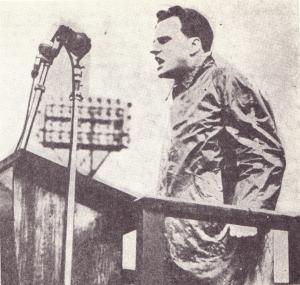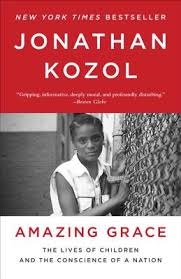 If you are like me, the niceties of health care policy are not your forte. The recent fracas over health care in America, therefore, may have gone over your head. Better to avoid those technical discussions and keep on keepin’ on.
If you are like me, the niceties of health care policy are not your forte. The recent fracas over health care in America, therefore, may have gone over your head. Better to avoid those technical discussions and keep on keepin’ on.
Here’s one thing to think about, though: government decisions affect our lives. Here’s an example of this. It’s one California woman’s narrative of her struggle to keep getting the excellent health care she needs to survive. This isn’t a woman who is trying to get the state to cover her meditation exercises. She’s trying to stave off the Stage-4 gallbladder cancer that wants to kill her. If you want a perspective on the Affordable Care Act that is less data, and more story, this is it.
Here’s what Edie Sundy had to say in the Wall Street Journal recently:
Since March 2007 United Healthcare has paid $1.2 million to help keep me alive, and it has never once questioned any treatment or procedure recommended by my medical team. The company pays a fair price to the doctors and hospitals, on time, and is responsive to the emergency treatment requirements of late-stage cancer. Its caring people in the claims office have been readily available to talk to me and my providers.
But in January, United Healthcare sent me a letter announcing that they were pulling out of the individual California market. The company suggested I look to Covered California starting in October. … So if I go with a health-exchange plan, I must choose between Stanford and UCSD. Stanford has kept me alive—but UCSD has provided emergency and local treatment support during wretched periods of this disease, and it is where my primary-care doctors are.
30 years ago, George Will suggested his view of “statecraft as soulcraft,” and elucidated his theory of the purpose of government. Behind Will’s text is the idea that the state helps shape the worldview of its people. The state, in other words, affects the soul.
The same could be said of health care. Health care affects our health. It affects our lives, in other words. It’s not the exciting part of our day-to-day existence, with its consideration of PPOs and flex accounts and copays, but it’s a vital part. If we have bad health care, we’ll be threatened with the possibility of bad health, for example. It will be harder to be healthy, that is, especially if the state is creating policy that causes its citizens to lose existing coverage that is in some cases directly sustaining their lives.
Christians need to think hard about these issues. In the mid-twentieth century, there was a great volume of powerful literature produced on Communism and socialism that showed how these systems of government oppressed their people and attacked the soul. Writers like Whittaker Chambers and F. A. Hayek showed that it was important to develop a proper view of the state. Certainly many of us are thankful in different respects for government; we also are aware of its shortcomings, its inability to manage our lives and make our decisions.
We need to think in these categories today, in order that we might flourish, and that we might love our neighbor by helping them to flourish as well.















